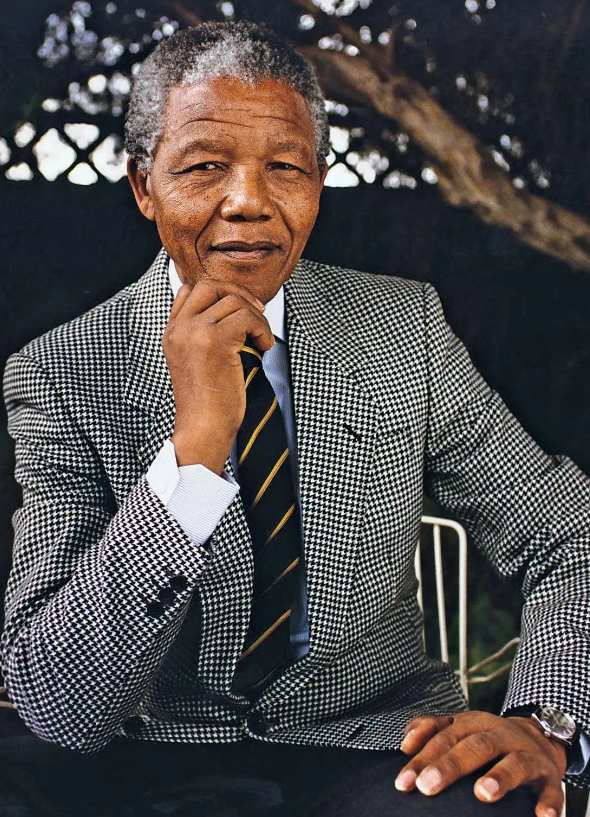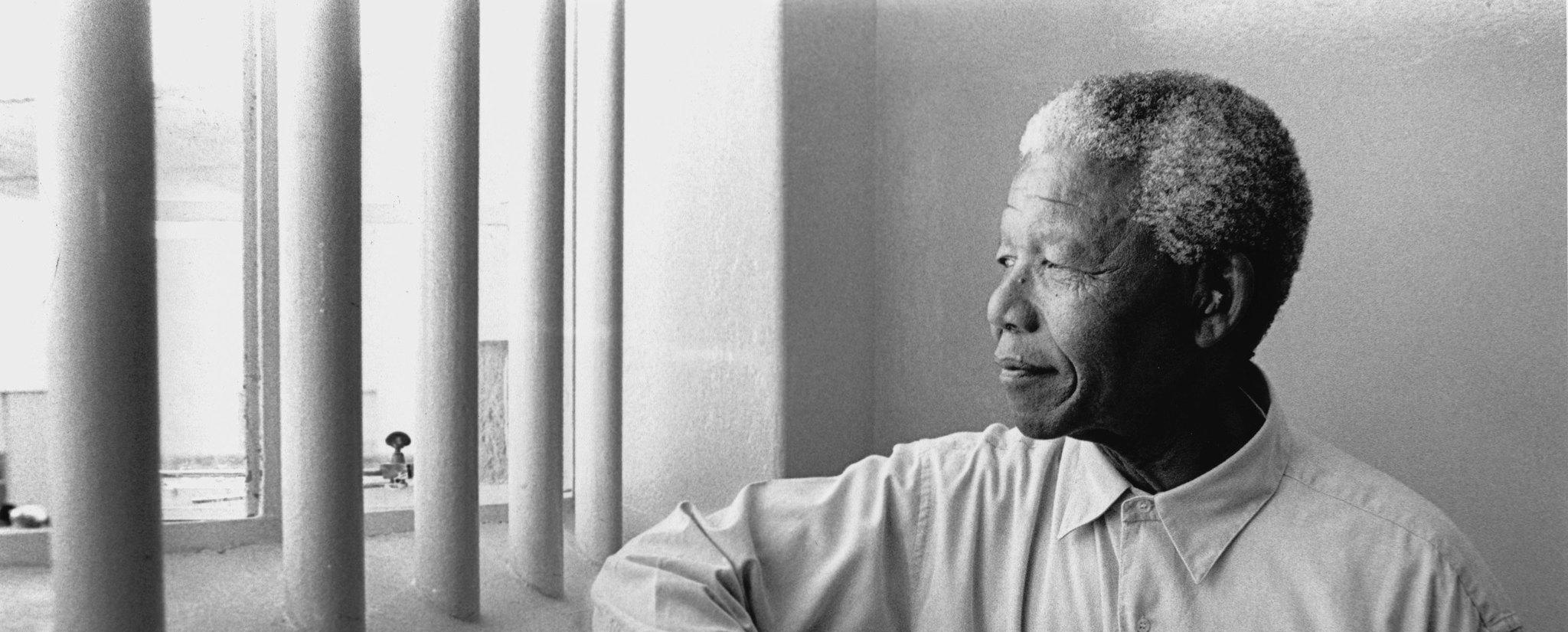
Nelson Mandela, often referred to as “Madiba,” is a towering figure in African history and a symbol of resilience and hope. His journey from prisoner to president is a testament to his unwavering commitment to justice and equality.
Born in 1918 in the rural village of Mvezo, Mandela came of age during a tumultuous period in South Africa’s history, marked by racial segregation and discrimination under apartheid. He became involved in the anti-apartheid movement early in his life, eventually joining the African National Congress (ANC) and its struggle for freedom.
As an iconic leader, Mandela spent 27 years in prison for his involvement in anti-apartheid activities. His release in 1990 marked a turning point in South Africa’s history, and his subsequent efforts to negotiate an end to apartheid with the government of F.W. de Klerk paved the way for the country’s first democratic elections in 1994. Mandela’s election as South Africa’s first black president was a historic moment that not only symbolized the end of apartheid but also the dawn of a new era of democracy and reconciliation.
Mandela’s presidency was characterized by his commitment to healing the wounds of apartheid and building a united, non-racial South Africa. He championed the Truth and Reconciliation Commission, which allowed victims and perpetrators of human rights abuses to come forward and share their stories in the pursuit of forgiveness and justice. This emphasis on reconciliation and forgiveness earned him international admiration and the Nobel Peace Prize in 1993.
Mandela’s legacy extends far beyond his time in office. He continued to be an advocate for peace, human rights, and social justice until his passing in 2013. His life serves as an enduring example of the power of forgiveness, leadership, and the pursuit of justice. Nelson Mandela’s impact is felt not only in South Africa but also globally, as he remains a symbol of hope and a reminder of the importance of perseverance in the face of adversity.


